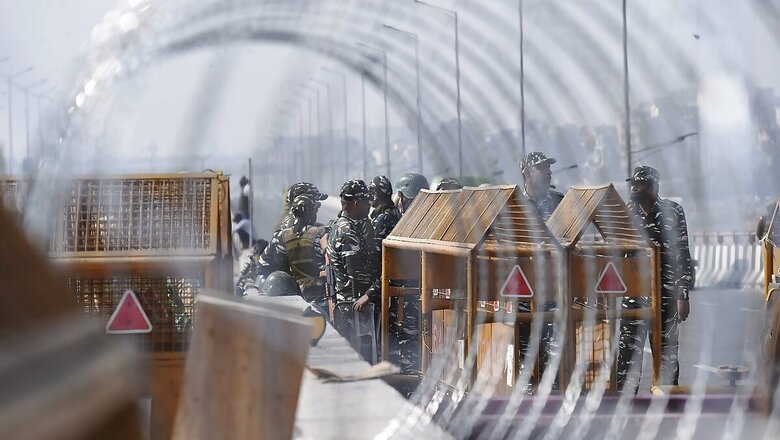
views
It’s likely that Gurch Singh, the councillor from the English countryside borough Maidenhead who launched the petition leading up to the debate in the British parliament on Monday, shortened his name to Gurch from Gurcharan. This is not the important question ahead of that vote, not by far. Such as it is, Gurch would be best placed to answer it. Except that he has been incommunicado in response to CNN-News18 attempts to reach him.
Whether or not Gurch is short for Gurcharan (not many Punjabi mothers would name a son Gurch to sound like church), Gurch’s career so far is turning out to be a deal more consequential in Punjab than it has been in Britain through his place in a local council. Or through membership of the Liberal Democrats, that takes some reminding even within Britain that it really is a political party.
Gurch’s petition has drawn well above the 100,000 plus signatures required to trigger the petitions committee in parliament to call a debate. Whether this is plain citizen power or success through some political push, had Gurch on his own found the capacity to mobilise more than 100,000 signatures, he could likely have been member of parliament, and a particularly influential one.
The present MP for Maidenhead is former PM Theresa May. She won the last election with a margin of 18,846. The humble councillor has drawn more signatures than Theresa May did votes in the last two elections put together. By the evening of Friday March 5, the petition had gathered 115,693 signatures.
Among them at least 36 MPs who have signed, backed and promoted the petition that seeks to damn India’s democratic record. In line with what the MPs have done on other occasions. Gurch found some powerful friends along the way, or, before he began.
Gurch figured, or was advised, that a petition on farm laws alone may not win UK government support. But one on the right to protest and report freely would. Tagged on to the farm laws issue, victory over one would seem like – and could be made to seem like – victory over the other. The petition has been hyphenated silently with the farm laws, and so will its success.
That link arose from a smart strategy that would never be necessary to explain to the 115,693 and more signatories. The petition has been a triumph of mobilisation, not of persuasion. This appears no sudden and spontaneous awakening of concern over the right to protest – after months of protests have taken place. Or over the content of reporting by Indian media outlets, that might otherwise be delighted to find that many reader or viewers in the UK.
Crafty
It’s a politically crafty petition. The 115,693 signed up to “urge the Indian Government to ensure safety of protesters & press freedom’. The petition adds: “The (UK) Government must make a public statement on the #kissanprotests & press freedoms. India is the worlds largest democracy & democratic engagement and freedom of the press are fundamental rights and a positive step towards creating a India that works for all. A public statement by the Government will encourage transparency & accountability in the worlds Largest Democracy.” Gurch appears to have dropped apostrophes as readily as he likely dropped his name. Like the name, grammar is not the most important thing about this petition either.
Not a word in the petition about the farm laws. Those laws, British foreign secretary Dominic Raab told the House of Commons, as he told media representatives on his visit to India in December last year, are an internal matter for India. Just what the Indian government wanted to hear. But Raab made a separation: the protests over these laws are not an internal matter for India to the extent that the protests are joined by British citizens of Indian origin in Britain. That does mean, he noted, that “your politics – in some sense – because of the Indian diaspora in Britain, is our politics.”
The UK government position does not stop with diaspora – it goes on to democracy itself. The petition suggests a failing democracy, and the UK government makes it its business to speak on failing democracies everywhere. A government minister will reply to this debate on Monday, and will doubtless take a strong moral position in support of the right hto protests and the right to media freedoms that the petition speaks of. A government spokesperson has in fact done so already.
“Media freedom is vital for the protection of human rights and journalists all around the world must be free to do their job and to hold authorities to account without fear of arrest or violence,” a spokesperson announced before the petition was listed for debate. “Free press plays a crucial role in our democracies and the government are putting their full weight behind this including through our membership of the Media Freedom Coalition.”
That emphatic support for the petition already is set to be reinforced by a minister who will reply to the debate on Monday. That will no doubt be repeated and amplified by supporters of the petition. Fine distinctions are hardly likely to be drawn then between democratic rights and farm laws. In any case, the Indian government will not look for any offered shelter that it stands damned through the petition for failing democracy rather than bad laws.
Over months ahead, and particularly around the expected visit by Prime Minister Boris Johnson, the UK government is preparing to make another distinction. This one between trading rights and moral positions. It wants to sell more to India through a new trade deal being negotiated already. But it will speak up for what it may see as violation of democratic rights. It wants India on its side over the first, and expects India to take the flak over the other.
Whether India wants to live with that distinction is a call that will be taken in New Delhi in months ahead.
Read all the Latest News, Breaking News and Coronavirus News here










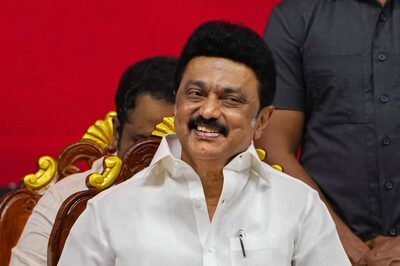

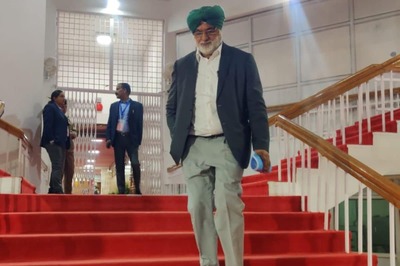
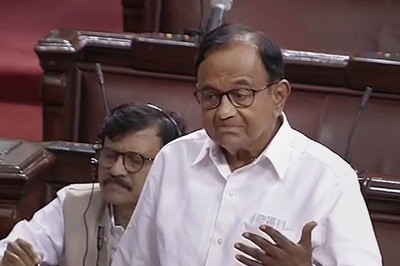
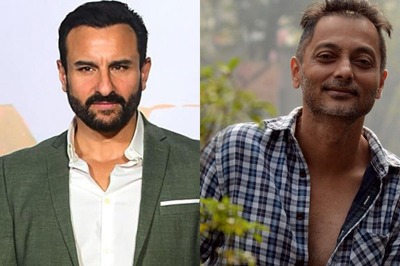


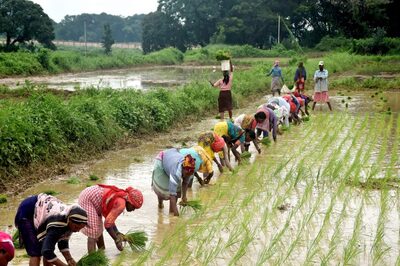


Comments
0 comment